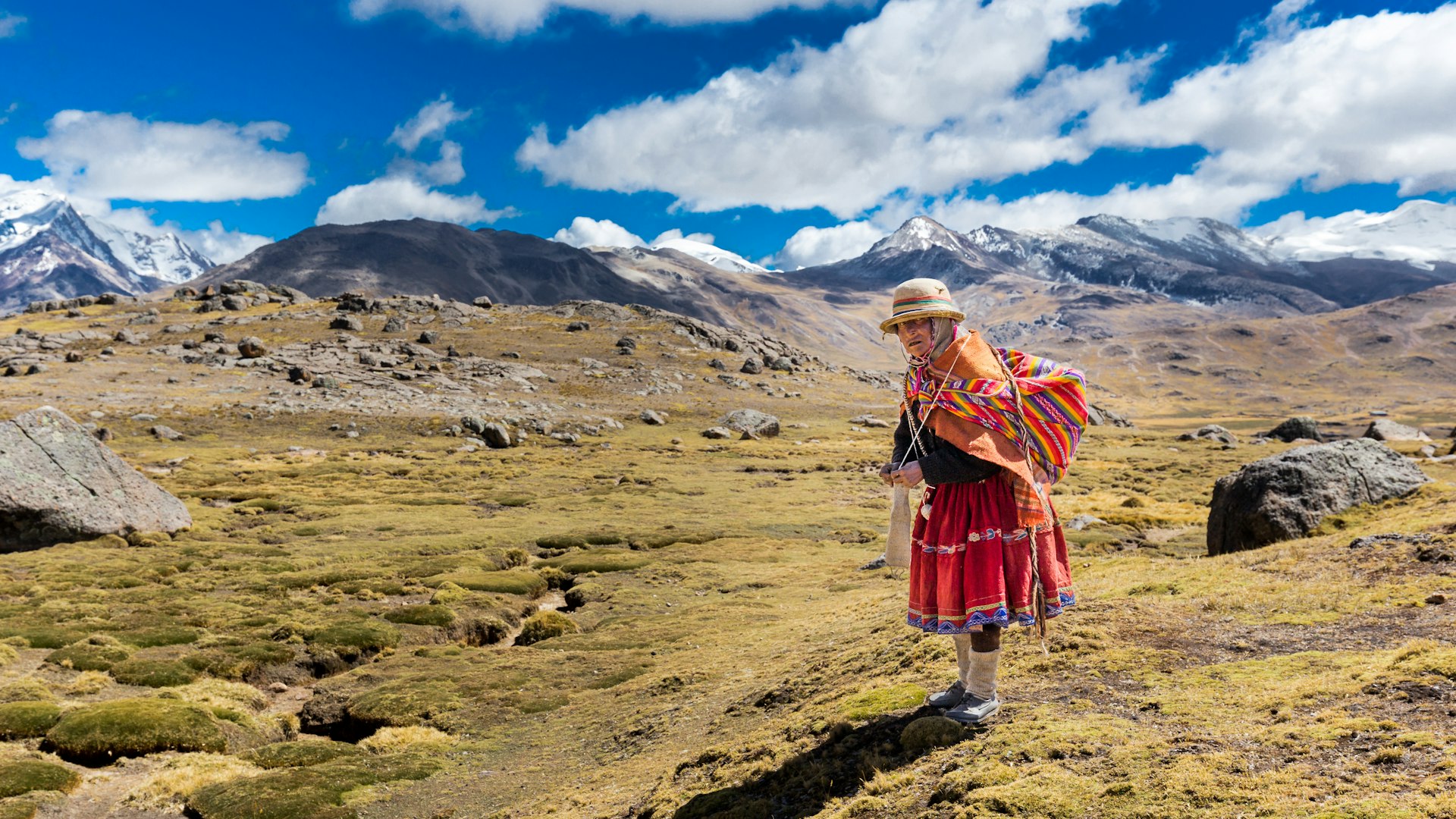magazine_ Article
Altitude does not protect against the disease
Covid-19 in mountain areas
The idea that people living in high mountain areas are better protected from Covid-19 has become widely disseminated in recent months. This is especially true in South American countries, with devastating consequences, as the steadily increasing numbers of Covid-19 in Peru and Bolivia now show.
Researchers of the Institute of Alpine Emergency Medicine at Eurac Research, together with Nepalese and American colleagues, have recently published a review in the renowned journal "HIGH ALTITUDE MEDICINE & BIOLOGY", in which they refute this statement from various perspectives. Their basis was a comprehensive evaluation of the entire scientific and medical literature on the subject to date. Current speculation has arisen from recent analyses of epidemiological data worldwide, pointing out a lower reported incidence of COVID-19 and a proposed weaker transmission rate of severe SARS-CoV-2 in high altitude locations. The main inference being that adaptation of high altitude inhabitants to the lower oxygen content of the air would result in lower expression of ACE2 receptors being formed in the body or potential variation in binding affinity between ACE 2 and SARS-CoV-2. –This is important because ACE2 receptors, which are particularly distributed in the respiratory tract, are considered to be the entry ports for the virus, as they allow it to enter the cells and anchor itself so it may replicate. So fewer ACE2 receptors, or a lower binding affinity, would mean fewer entry points for the virus. However, a review of the medical literature has shown that the evidence is highly contradictory. "There has been no human or animal study characterising ACE-2 expression along the epithelium of the respiratory tract during sustained hypoxic exposure. Therefore, it is highly premature to infer that the expression of ACE2 receptors is inhibited in altitude populations and that this would lower susceptibility to viral infection", stresses Rachel Turner of Eurac Research. Equally, the research team investigated another aspect related to the ACE2 receptors: In the course of the pandemic, the impression was created that patients with high blood pressure who took ACE inhibitors to lower blood pressure were more likely to develop Covid-19. However, trials have disproved this link and again provided further evidence that the number of ACE receptors does not have a direct effect on covid-19 disease prevalence. Finally, the researchers turned their attention to UV radiation, which is stronger at high altitudes and has a virus-killing effect. But here too, Eurac Research's experts point out that only UVC rays have this effect, which, apart from UVA and UVB rays, are only a fraction of the radiation and therefore need not be taken into account. "The reasons why the virus spreads less in mountain areas are mainly due to the population structure: the mountains are less densely populated and social distance is easier to maintain than in the densely populated plains. Of course, this does not apply to big cities in the mountains such as La Paz or Mexico City, where the spread is rapidly progressing. Unfortunately, we have to conclude that the facts have now disproved the dangerous hypothesis of altitude protection," sums up Hermann Brugger, head of the Institute of Alpine Emergency Medicine at Eurac Research.

